Presence of harmful chemicals found in water sources across southern Indian capital, study finds
Research has revealed the urgent need for improved water quality in Bengaluru and other Indian cities.
10/03/2025 By BGS Press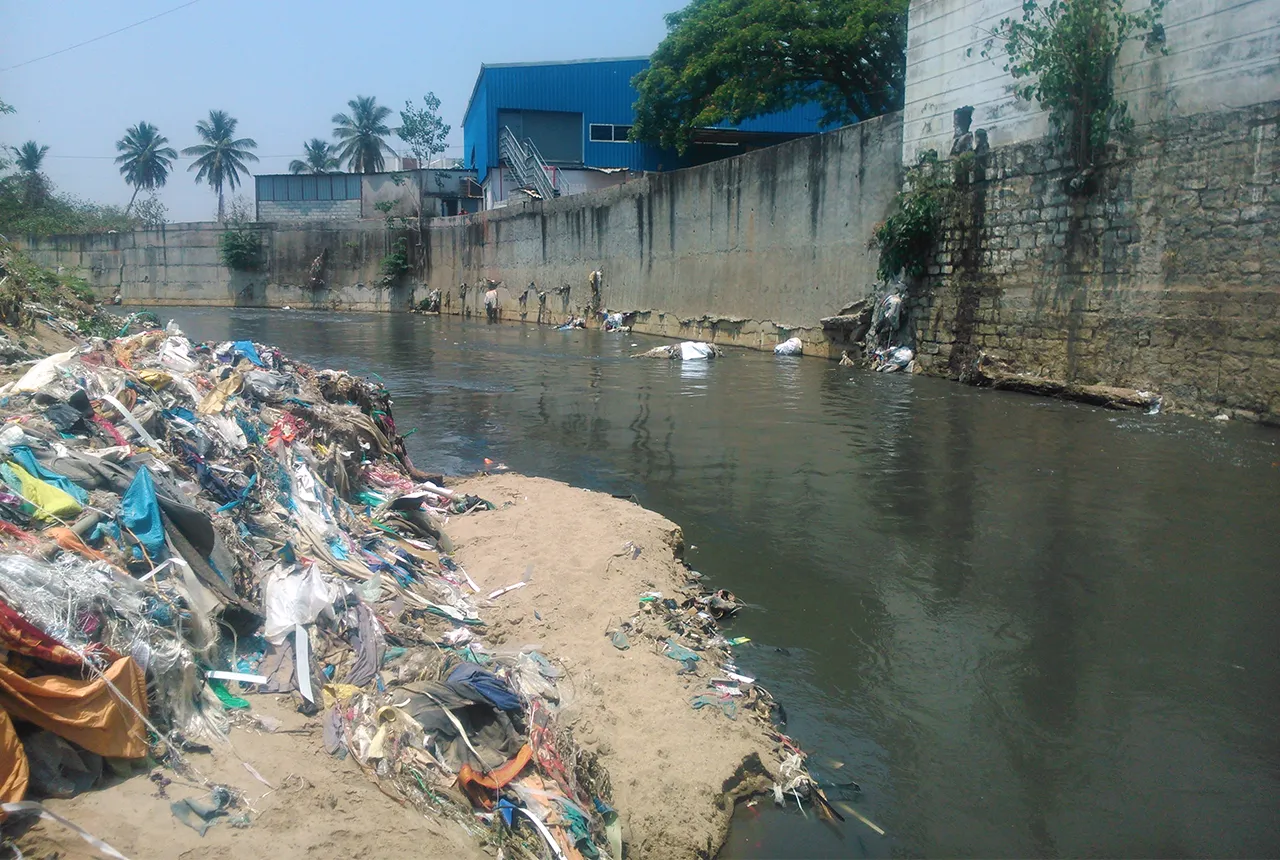
In rapidly developing urban environments, water-quality protection is particularly challenging due to diverse pollution sources. Protecting water resources by identifying pollutants is essential to safeguarding both human health and the natural environment. A new study on the presence of contaminants in water in India, led by researchers at BGS in partnership with the Indian Institute of Science (IISc) and the UK Centre for Ecology & Hydrology (UKCEH), presents the first combined assessment of emerging organic contaminants (EOC) and antimicrobial resistance (AMR) indicators from multiple water sources in the Indian city of Bengaluru.
EOCs include chemicals like pharmaceuticals, personal care products and pesticides that can end up in groundwater, often from waste water. AMR happens when bacteria become resistant to antibiotics and spread through contaminated water sources, making infections harder to treat. The new data can help local stakeholders, such as regulators, understand the local groundwater recharge mechanisms and how pollution spreads through water sources, which can affect water quality and safety.
The study
The study assessed the sources of contamination in groundwater in the city and found that contaminants could be linked to rivers, lakes and sewers or piped water, highlighting the widespread vulnerability of groundwater to different pollution sources. This information can be used to improve understanding of the water recharge processes.
Twenty-five samples were collected from groundwater, local surface waters and tap water in the Cauvery Basin in eastern India. The samples were screened for around 1500 pollutants and 125 pollutants were identified. Medical and veterinary-based compounds, including antimicrobials, were the most prevalent, being found in around 60 per cent of samples.
Forever chemicals
High concentrations of polyfluoroalkyl substances (PFAS) were also detected at concentrations higher than in previous studies in Indian cities. PFAS are known as ‘forever chemicals’ due to their durability and widespread presence in the environment, and are linked to a variety of health concerns including certain cancers and reductions in immune function. They are currently unregulated in India but, based on the EU Drinking Water Directive, the threshold for the sum of selected PFAS (0.1 μg/L) was exceeded for all water types except tap water.
Study findings
The water in Bengaluru is consumed by up to 8 million people each day, but our results have highlighted that a variety of chemicals are exceeding international regulatory standards and could pose a potential risk to humans and the natural environment.
Bentje Brauns, BGS Hydrogeologist and study leader
When we compared the levels of the AMR indicator gene to those found in the global literature, some water sources in Bengaluru had concentrations in the same order of magnitude as those found in polluted environments, including waste water and rivers near drug manufacturing facilities.
Holly Tipper, molecular biologist at UKCEH who performed the AMR analyses
The findings suggest the need for developing a comprehensive urban groundwater quality monitoring programme for Bengaluru city.
Sekhar Muddu, IISc
The study addresses a knowledge gap in the occurrence of pollutants and relationships in different water sources in urban India, reinforcing understanding that there is no ‘one size fits all’ data solution to the problem.
Tests need to be undertaken at localised sites across the country to provide a comprehensive overview of India’s water supply in order to ensure that there is minimal risk.
Bentje Brauns
Surface water bodies with recently implemented protection measures, such as prevention of sewage inflow, had fewer EOCs detected than other surface waters and were found to have much lower risk of AMR development. This shows how relatively simply urban protection measures can protect freshwater quality.
Funding
The research underlying this paper was carried out under the UPSCAPE project of the Newton-Bhabha programme, ‘Sustaining water resources for food, energy and ecosystem services’, funded by the UK Natural Environment Research Council (NERC/UKRI) [NE/N016270/1] and the Indian Ministry of Earth Sciences (MoES) [MoES/NERC/IA-SWR/P1/08/2016-PC-II (i), (ii)].
Laboratory analysis, data interpretation and write up were additionally funded by the BGS NC-ODA Grant ‘Geoscience for sustainable futures’ [NE/R000069/1] and the BGS NC International programme ‘Geoscience to tackle global environmental challenges’, NERC reference NE/X006255/1.
D S Read, H J Tipper and A A Singer were supported by the UK Natural Environment Research Council award number NE/R000131/1 as part of the SUNRISE programme delivering National Capability.
Relative topics
Related news

New UK/Chile partnership prioritises sustainable practices around critical raw materials
09/02/2026
BGS and Chile’s Servicio Nacional de Geología y Minería have signed a bilateral scientific partnership to support research into critical raw materials and sustainable practices.

Extensive freshened water confirmed beneath the ocean floor off the coast of New England for the first time
09/02/2026
BGS is part of the international team that has discovered the first detailed evidence of long-suspected, hidden, freshwater aquifers.

Hole-y c*@p! How bat excrement is sculpting Borneo’s hidden caves
23/12/2025
BGS researchers have delved into Borneo’s underworld to learn more about how guano deposited by bats and cave-dwelling birds is shaping the subsurface.

BGS awarded funding to support Malaysia’s climate resilience plan
17/12/2025
The project, funded by the Foreign, Commonwealth & Development Office, will focus on minimising economic and social impacts from rainfall-induced landslides.
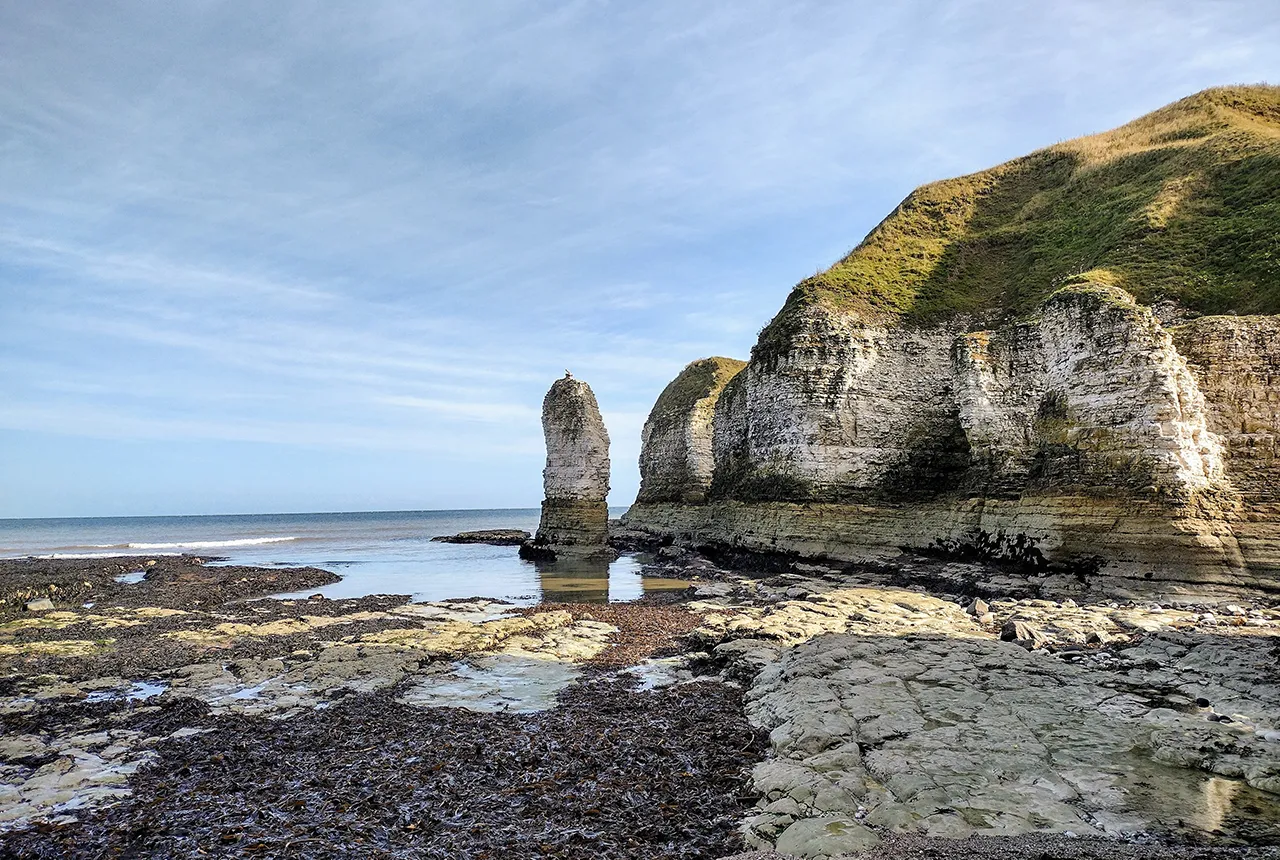
New geological maps of the Yorkshire Wolds to better inform groundwater management and policy decisions
17/12/2025
The new mapping provides crucial data on localised geological issues that may assist in protecting water supplies.
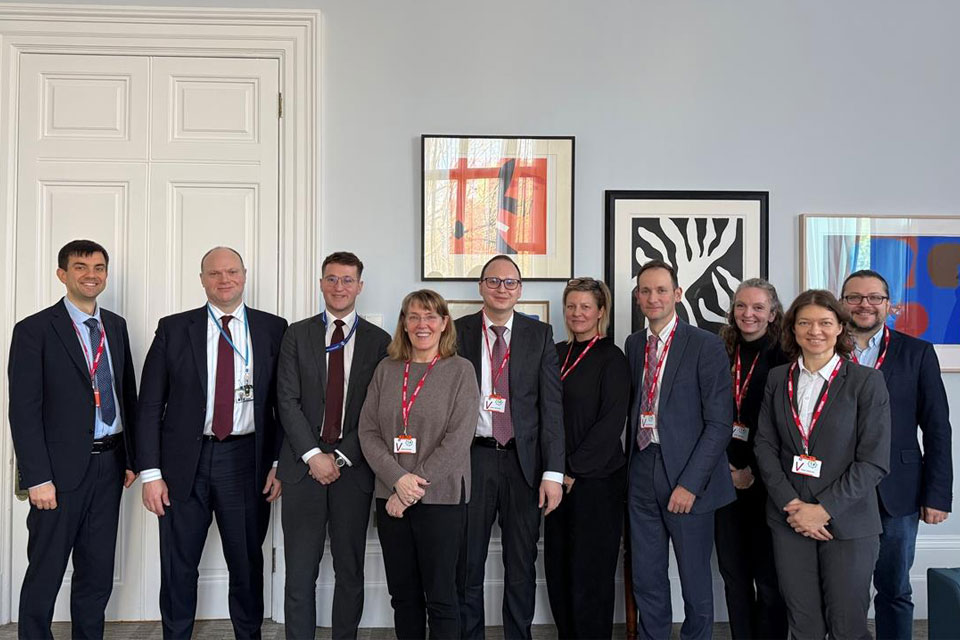
BGS agrees to establish collaboration framework with Ukrainian government
11/12/2025
The partnership will focus on joint research and data exchange opportunities with Ukrainian colleagues.

New 3D model to help mitigate groundwater flooding
08/12/2025
BGS has released a 3D geological model of Gateshead to enhance understanding of groundwater and improve the response to flooding.
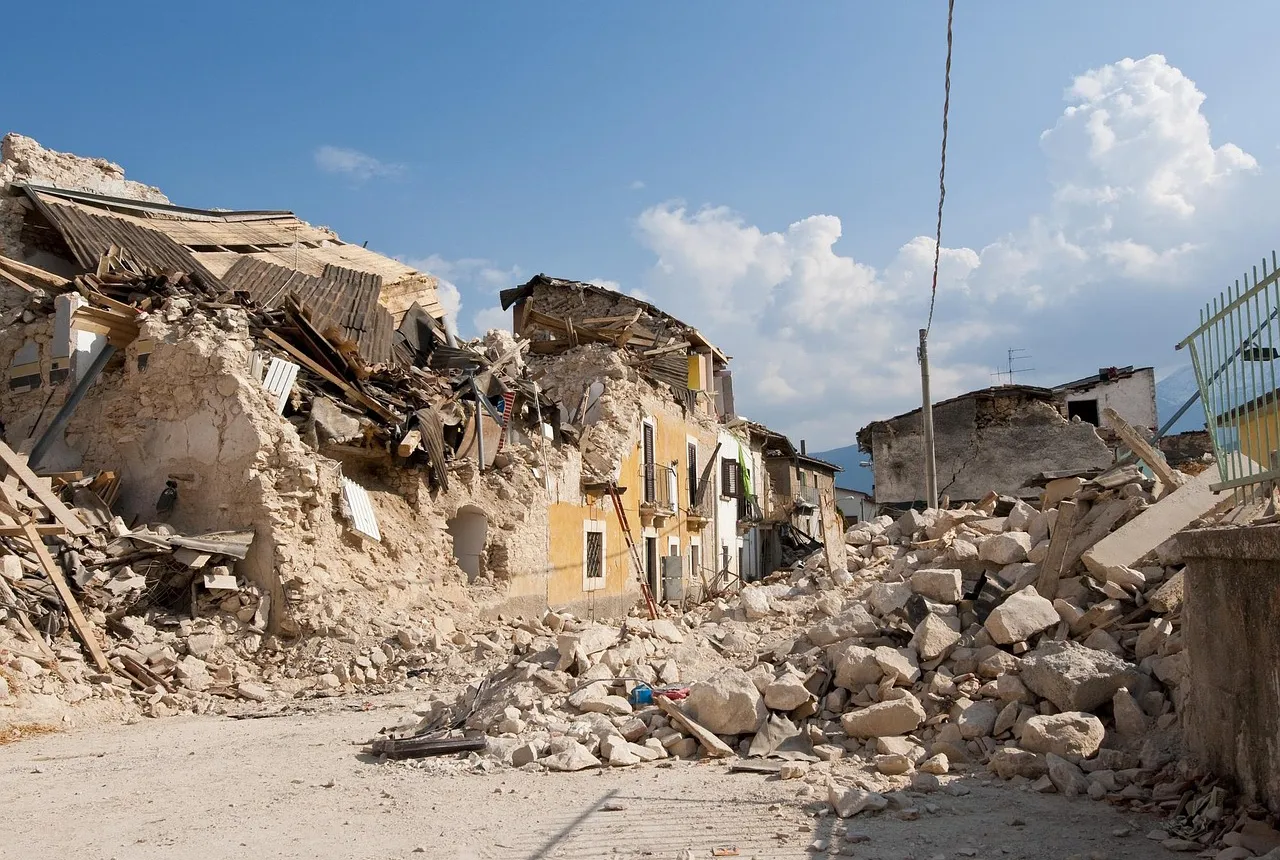
New research shows artificial intelligence earthquake tools forecast aftershock risk in seconds
25/11/2025
Researchers from BGS and the universities of Edinburgh and Padua created the forecasting tools, which were trained on real earthquakes around the world.
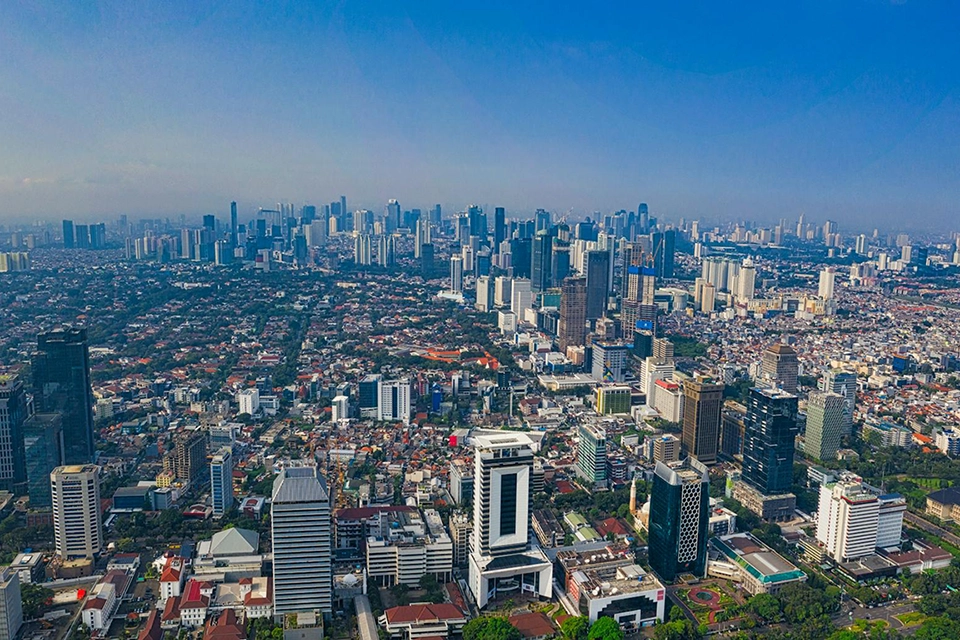
New research highlights significant earthquake potential in Indonesia’s capital city
04/11/2025
Research reveals that a fault cutting through the subsurface of Jakarta could generate a damaging earthquake of high magnitude.
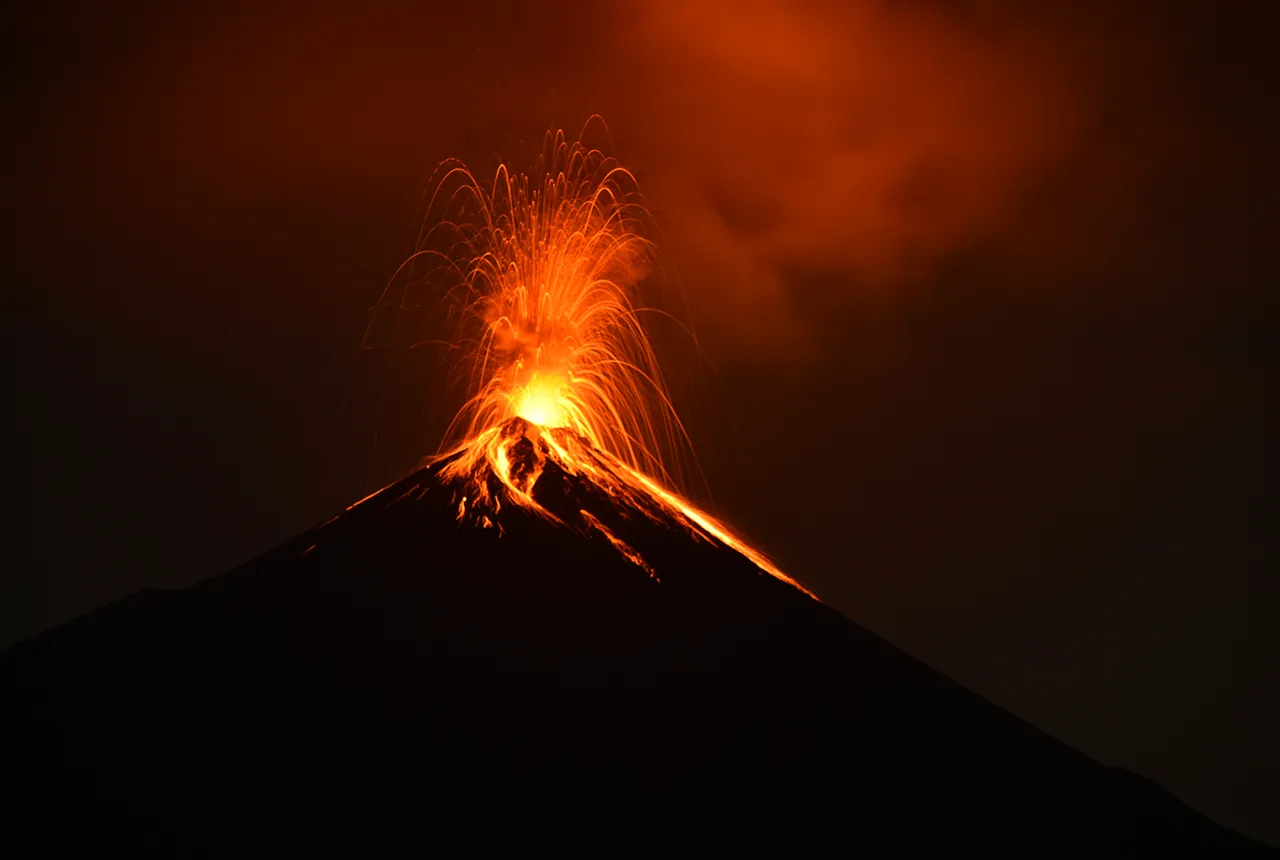
Fieldwork on Volcán de Fuego
13/10/2025
Understanding how one of the world’s most active volcanoes builds up material, and how they collapse to feed hot flows
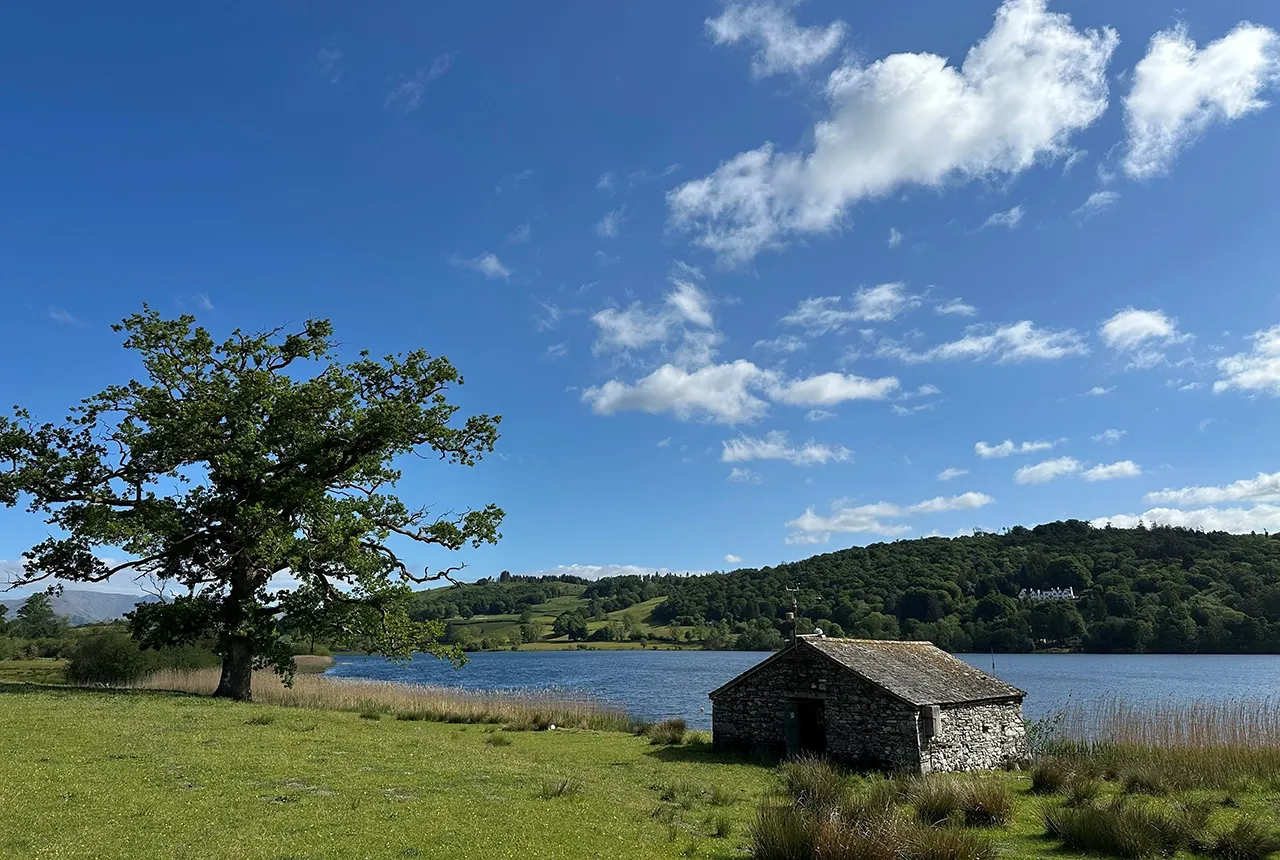
Esthwaite Water: applying novel approaches to understand lake-water nutrient pollution
19/09/2025
Andi Smith (BGS) and Savannah Worne (Loughborough University) embarked on fieldwork in the Lake District, applying a novel stable isotope method for tracing phosphorus sources.
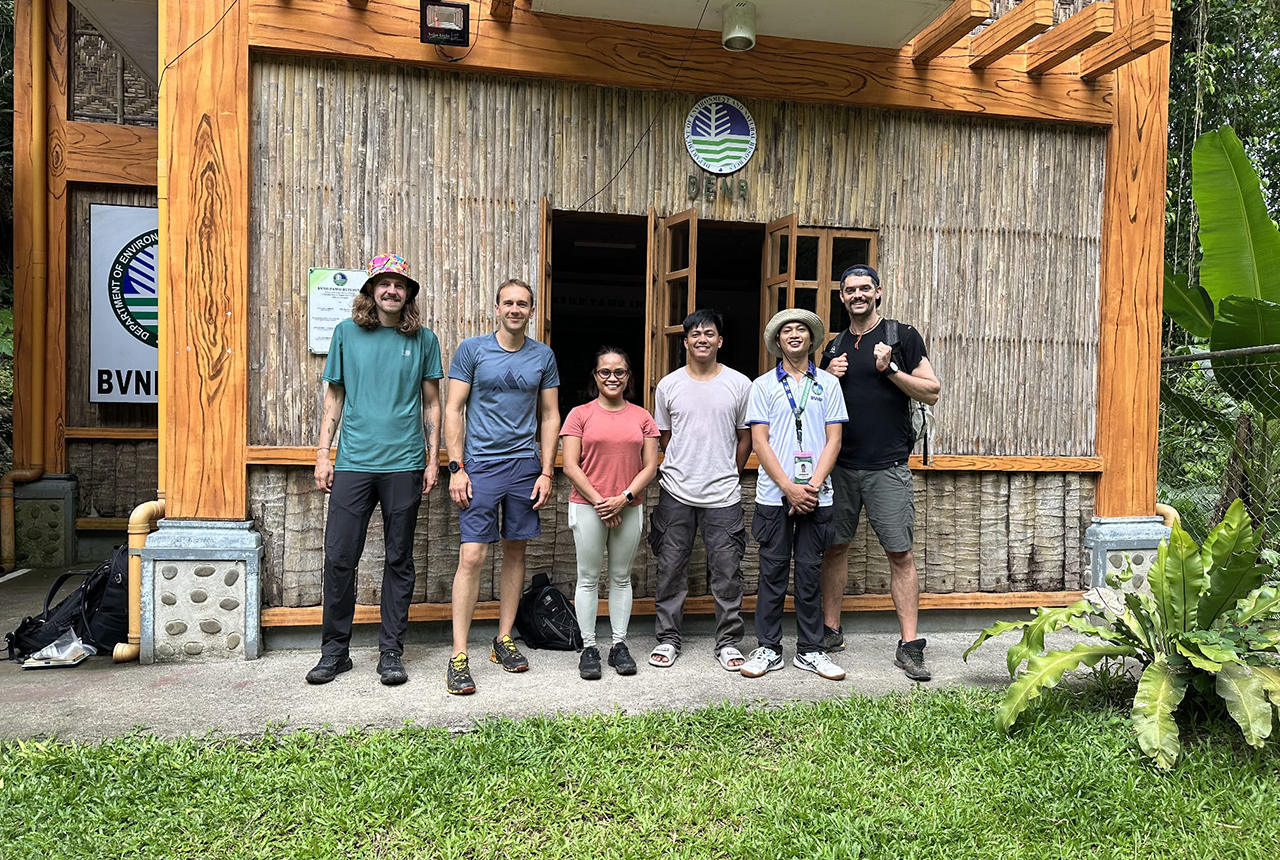
PhD adventures in the Philippines: coring around Lake Bulusan
05/09/2025
Chris Bengt recounts his two-week field trip to Bulusan Volcano Natural Park in the Philippines to collect lake sediment cores, fresh soil and water samples.



